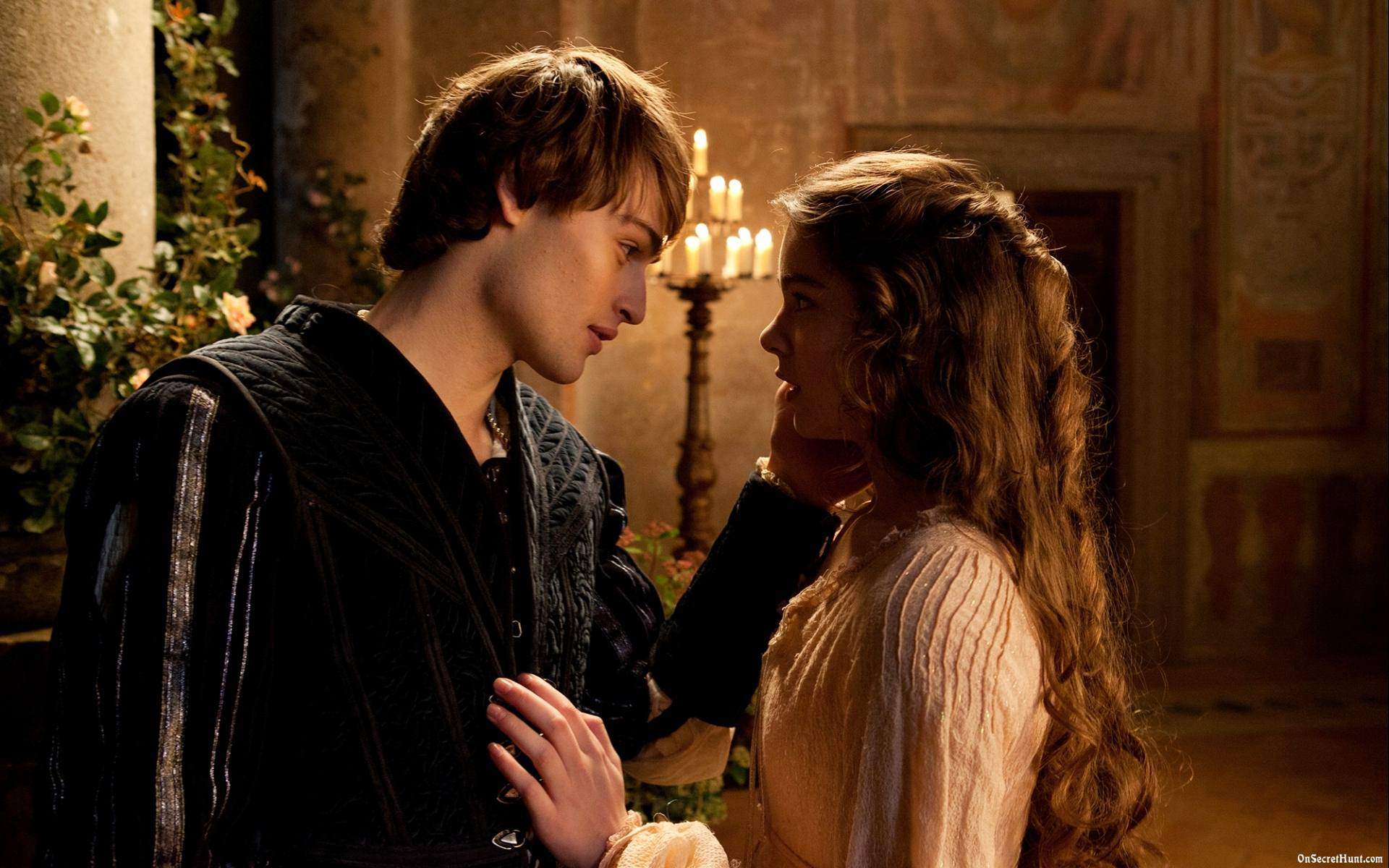Romeo and Juliet
A new Romeo and Juliet aims to eclipse Baz Luhrmann’s stylised 1996 film as the version of current record. It fails.
Overview
It's the love story that has endured for more than four centuries. It's also the romantic tragedy that earns a new adaptation with every generation. Attempting to eclipse Baz Luhrmann's stylised 1996 film as the version of current record, and Franco Zeffirelli's expressive 1968 effort before that, the latest iteration of Romeo and Juliet returns to a classic interpretation. Think authentic settings, period staging, overt acting and smatterings of original dialogue.
In fair Verona where the film lays its scene, the titular duo transform from the offspring of bitterly feuding families to the epitome of furtive but star-crossed lovers after a fateful masquerade ball meeting. Their pairing is strictly forbidden, but in the flourishes of affection neither can bear to even consider living without the other. Soon, their friends and relatives are immersed in an intricate web of mistruths and misdirection designed to prolong their illicit passion.
With Downton Abbey's Julian Fellowes adapting William Shakespeare's celebrated play under Carlo Carlei's direction, that the film dwells in the material's melodramatic leanings is far from surprising — nor is its resounding air of politeness. Amendments and additions emphasise the tempered heartbreak, with only the scantest concern for textual fidelity. A heavy-handed score by Abel Korzeniowski graciously signposts not just each plot development but each emotional shift as well.
It all plays out in handsome fashion, aided immensely by the use of the real Italian locale in shooting, but any spark or sentiment above and beyond the most routine of renderings is sorely missing. Pretty pictures and pronounced declarations aren't enough to elicit the delicacy and devastation of the original, as immersed in popular culture as it now is, especially when saddled with varying performances.
The success of each presentation of Romeo and Juliet often stems from its casting, and whilst model-turned-actor Douglas Booth conjures romantic idylls as the former, and True Grit Oscar nominee Hailee Steinfeld embodies the innocence of young love as the latter, they lack the charisma needed for such a celebrated couple. They have their moments together (the balcony scene and the tearful conclusion the most convincing examples of their union); however, each fares better apart, not together.
An attention-seeking supporting cast only serves to augment the leads' disappointing turns. Some relish the theatricality to wavering success, such as Damian Lewis's overacting Lord Capulet and Ed Westwick's snarling Tybalt; others provide a well-played point of difference (Kodi Smit-McPhee's helpful Benvolio, Paul Giamatti's intervening Friar Laurence and Lesley Manville's interfering Nurse astutely among them. The surrounding players should never attract more interest than the titular lovers, but here that's the outcome. Sadly, this Romeo and Juliet values the idea of its twosome more than their actuality.





